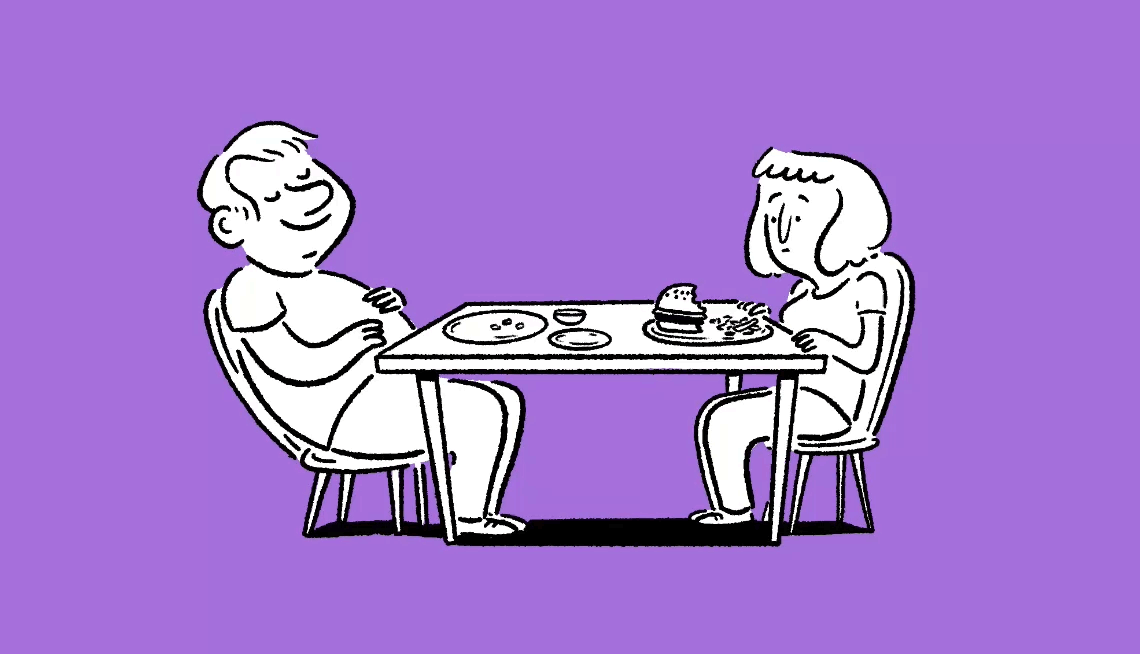AARP Hearing Center


I used to love food, but as I’ve gotten older I don’t have much of an appetite. Do I need to worry?
I get it. You may have once been a member of the “Clean Plate Club,” but now it’s tough to get through a full serving. Studies show that 25 to 30 percent of older people experience a noticeable reduction in their appetite.
First, if you've unintentionally lost more than 5 percent of your body weight, be sure to talk to your doctor to rule out underlying illness. Loss of appetite is common with age but should not be ignored, as it could signal a medical issue.
There are several reasons why we’re no longer as hungry as we used to be; most are nothing to worry about. The most obvious one is that our metabolism slows down. Metabolism is the way our body takes in calories from what we eat and drink and uses them to create energy. Remember how in your early 20s you could eat a feast, go to bed and wake up the next morning “starving” for breakfast? Back then, your metabolism was fired up and you burned all those calories quickly. But after age 60, our metabolic machinery grinds to a slower pace.
Digestion also wanes. One way our body tells us we’re constipated is by diminishing our appetite. When the emptying of your digestive tract slows down, the brain tells you not to put anything in the other end.


Ask Dr. Adam
Adam B. Rosenbluth, M.D., is an internist and cardiologist in New York City. Each Monday, he’ll weigh in on your questions about how to make your body work better for you. His AARP book will be published in 2027. Join in on the conversation on social media @dradamrosenbluth to learn to move the needle on your personal health in an achievable way.
Our energy requirements naturally adjust to our lifestyle, too. For example, as a young parent, you might have woken up at 5 a.m., exercised for an hour, prepared the kids’ lunches and then gotten ready to commute to work. At the end of your workday, you returned to a household full of activity. But once we retire, it’s another story. We may no longer need that kind of nonstop energy.
There may be other issues. Here’s one: Do you suffer from dry mouth? This makes eating less enjoyable and also contributes to dental problems. When teeth aren’t functioning and you can’t chew well, eating becomes a chore, not a pleasure.

































































You Might Also Like
25 Foods That Won't Cause Weight Gain
Eat these to your heart's content
How to Do the Number One Exercise for Belly Fat
How to relieve back pain, improve posture and balance and make your belly fat healthier
Cook Your Way Out of Prediabetes
Chef-tested ways to reverse the condition